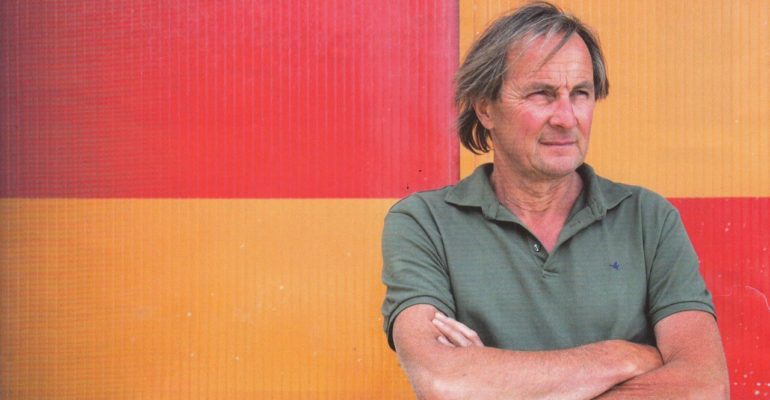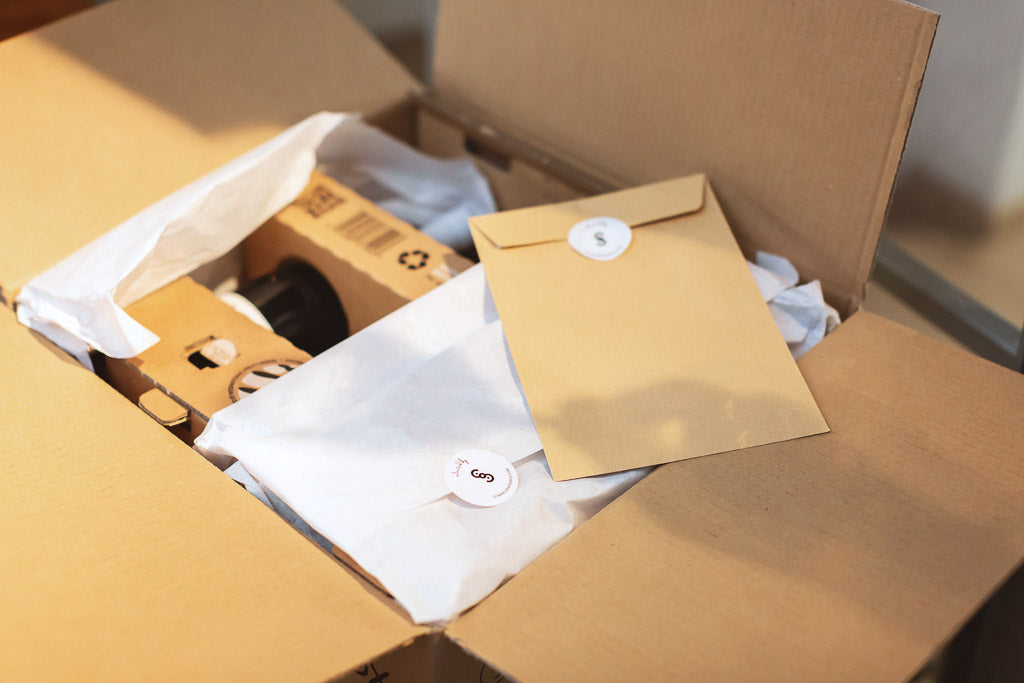I was born in the 1950s to a family of farmers, I studied oenology in Alba. I have always made wine, insisting "in" and "with" the vineyard. It's the side effect of my life.
In the leaden years of Italian agriculture I believed in the immensity of the Barbera vine with the certainty that the future of wine would be "the bottle" (at the time the company sold wine in bulk or in demijohns).
I set up sales strategies with the aim of changing the market, from a "commodity" to a company that works for itself: vineyard, cellar, market, communication. I combined the production of Barbera with Croatina (the first pure vinification in 1979) and Cortese . In 1987 I tried to vinify pure Timorasso with the first 560 bottles.
From there I never stopped.
After 10 years of making Timorasso wine, two other companies have entered the field; since 2000 the exponential growth has led to the current 150 hectares. Today more than 40 wineries offer wine from Timorasso grapes from the Tortonesi Hills.
From the seventies to today my company has gone from 12 to 30 hectares of cultivated vineyards, distributed as follows: 15 hectares of Timorasso, 8 hectares of Barbera, 3 hectares of Croatina, 1.5 hectares of Freisa and the same number of Moscato Bianco, 1 hectare of Cortese, which I use for a pink wine that I called Libertà .
I understood that the wine market in Italy is not yet ripe for frank and determined communication. We continue to communicate the grape variety and not the territory: for this reason I have decided not to produce any more DOC wines. Selling wine with the name of the vine cannot be gratifying for a producer: a great producer knows that the vine, or rather the grape, is the fundamental ingredient of wine and has the pleasure of transmitting the moods and the humanity that the territory itself expresses.
The barbera expressed by the Colli Tortonesi is called "Monleale", otherwise I do not claim the DOC. The same goes for "Derthona", the white wine obtained from Timorasso: I defend the originality of this vine in its cradle of origin , leaving viticultural entrepreneurs from all over the world free to use this genetics in any corner of the earth, because the genetics it belongs to humanity, but the territory belongs to those who live in it, walk in it, love it .
Walter Massa




